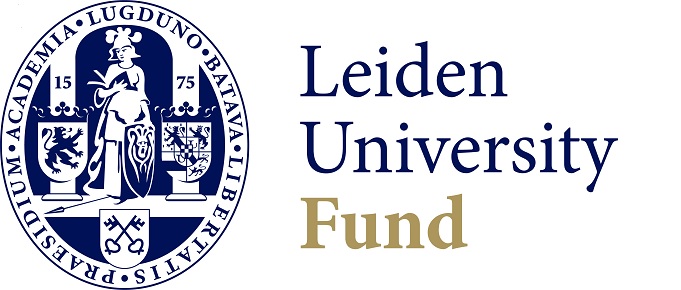
‘I was able to conduct my first fieldwork thanks to a LUF grant’
With support from the LUF International Study Fund (LISF), Janset Nil Genç spent three months conducting research in Turkey. ‘This grant meant I could do my first fieldwork and develop as an academic.’
Genç grew up hearing stories about the Circassians, the indigenous people of the Caucasus. In the 19th-century, they were driven out and massacred by the Russian Empire. Many Circassians fled the ethnic cleansing, seeking refuge in the Ottoman Empire, where they have since been known as muhajirs, or ‘refugees’.
Preserving history
To complete her research master’s in Middle Eastern Studies, Genç chose to focus her research on these muhajirs. She wanted to explore the stories of her ancestors through an academic lens – not only to gain a better understanding of her own heritage, but also to preserve the history of the Circassians for future generations. ‘Assimilation policies in the countries where the diaspora live are erasing their indigenous culture’, she explains.
Right research approach
A contribution from the LUF enabled Genç to spend a semester conducting research in Turkey. She explored the archives and visited descendants of Circassian refugees. ‘In the village of Alamescit, a couple invited me in for tea’, she recalls. ‘It was moving to hear them speak Circassian, as the language is rapidly vanishing due to assimilation. That experience confirmed I had chosen the right research approach: I wanted to explore the history of the muhajirs not only academically, but above all, in a human way.’
Students who receive a LUF grant often discover how enriching it is to explore a country on their own. They take up internships, study and often make meaningful contributions to local research projects. The support of donors makes many of these extraordinary experiences possible.
Photo: Janset Nil in front of the Aziziye Mosque in Pınarbaşı, Kayseri
